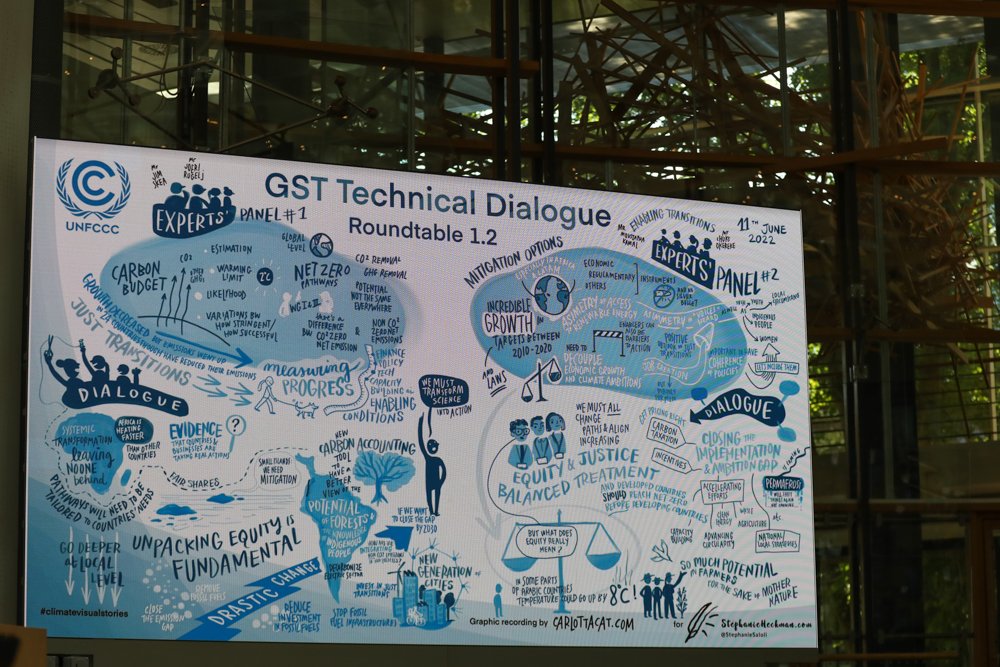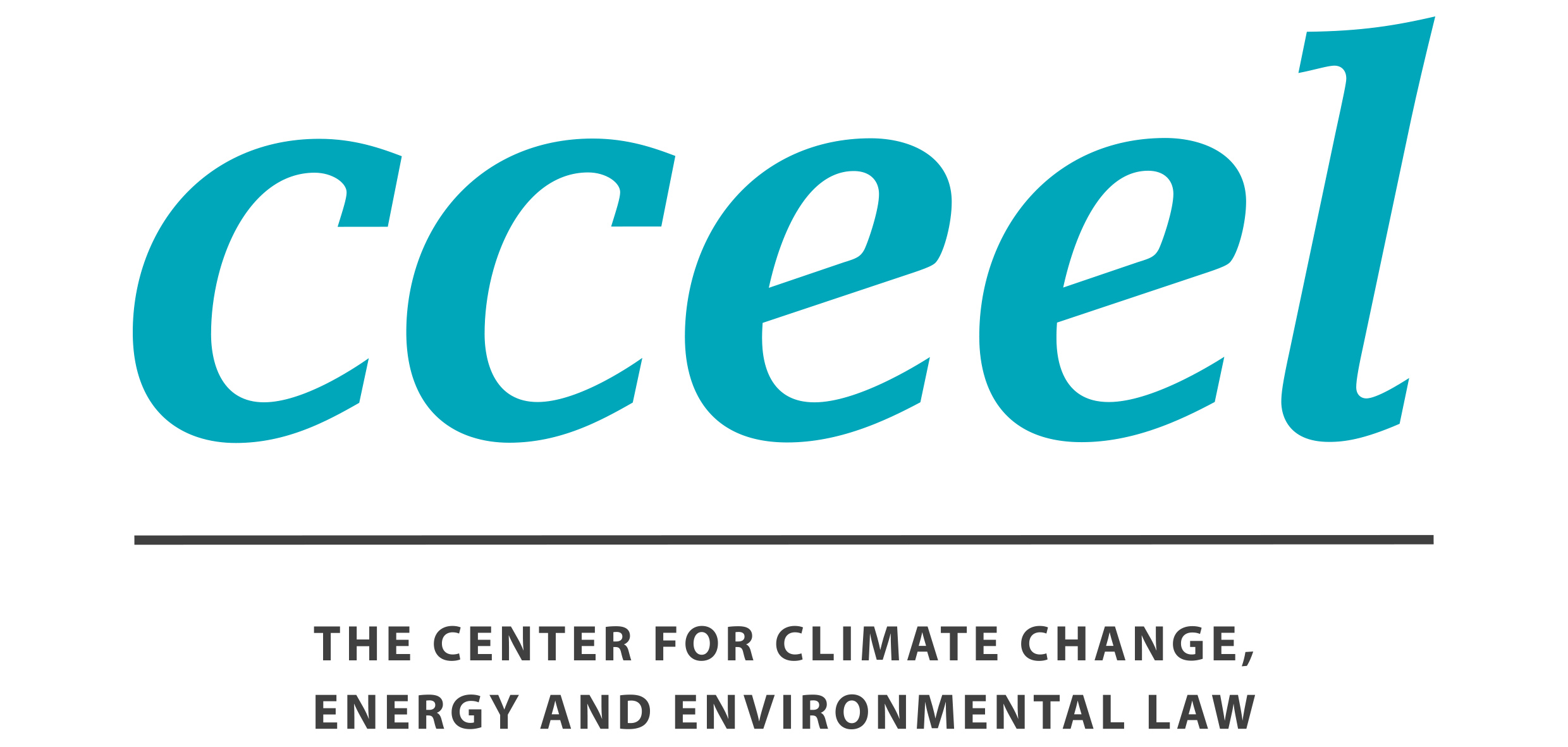Climate tipping points and international climate law: Is law equipped for the challenge?
By Vivien Reh, Doctoral Researcher at the University of Eastern Finland Finland, among many other countries in Europe and around the world, has seen a record-breaking heat wave for much of July 2025, surpassing previous records and feeding into a growing global acceptance that the occurrence of extreme weather events seems to have become the […]
Keeping up with Article 6 of the Paris Agreement – The path towards Baku COP29
By Sara Tolonen, PhD Candidate The emerging Article 6 carbon market architecture The Subsidiary Body for Implementation (SBI-60) and Subsidiary Body for Science and Technological Advice (SBSTA-60) of the United Nations Framework Convention on Climate Change (UNFCCC) held their intersessional meetings in Bonn on 6-13 June 2024, with a continuing focus on making progress on […]

International Climate Technology Transfer : an issue of human rights
By Nicola Sharman, Early Stage Researcher In recent years, the link between climate change and human rights has been increasingly recognised and used as a legal tool to demand stronger action by governments to address the global crisis. However, one element of the international regime in which rights-based arguments remain underutilised is in respect of technology […]

Taking stock of the stocktake: Reflections from the Bonn Technical Dialogue
By Nicola Sharman, Early Stage Researcher and Harro van Asselt, Professor of Climate Law and Policy From 6-16 June, government officials and other delegates, including experts, non-governmental organisations, business representatives, and other non-state actors met in Germany for the annual UN Bonn Climate Change Conference. High on the agenda was the first meeting of the […]

Five takeaways on international climate cooperation from the IPCC’s Sixth Assessment Report on mitigation
By Harro van Asselt, Professor of Climate Law and Policy. First published in the NDC Aspects blog on 7 April 2022. The latest report by the Intergovernmental Panel on Climate Change (IPCC) underscores once again why this is a critical decade for climate action: to keep global warming below 1.5°C with a chance of more than […]

Observer participation in the wake of COP26: the role of human rights law
By Nicola Sharman, PhD Researcher. The blog text was originally published on the GNHRE blog as part of COP26 Blog Series on 30 November 2021 and on the 2035Legitimacy blog on 7 December 2021. In the months leading up to COP26, the UK presidency repeatedly committed to make it the ‘most inclusive COP ever’. Yet this […]

The ‘Glasgow Turn’: A shift toward more ocean-inclusive climate policy
By Dr. Ellycia Harrould-Kolieb, Postdoctoral Researcher in Climate Law and Policy While there has been much talk of the disappointing end to COP 26 (the 26th meeting of the Conference of the Parties to the United Nations Framework Convention on Climate Change (UNFCCC), there has been a notable shift in the language used by the […]

Opening the black box of transparency in multilateral climate governance
by Harro van Asselt and Ellycia Harrould-Kolieb. Photo by Nuno Silva on Unsplash. Transparency has become a buzzword of the 21st century, including in the context of global governance. International regimes governing a wide array of societal challenges, from arms control to trade, and human rights to the environment, have created formal and informal processes […]
The Bonn Climate Conference 2017- Progress on the implementation of the Paris Agreement and higher ambition?
Kati Kulovesi, Professor of International Law & Co-Director of the Centre for Climate, Energy and Environmental Law. The latest round of United Nations climate negotiations concluded on 18 November 2017 in Bonn, Germany. What is the state of international climate policy after the meeting and what lies ahead for 2018 and beyond? The negotiations in Bonn were […]

Rainforests in the Paris Agreement- Old wine, new bottles?
Maria Eugenia Recio, Researcher, MPhil, Environmental and Climate Change Law. Photo by Jason Miller on Unsplash. Merely a year after its adoption, the landmark Paris climate change treaty came into effect on 4 November 2016. Its Parties are currently convening for the first time in Marrakesh, Morocco. These are clearly important steps for the United Nations climate change […]
